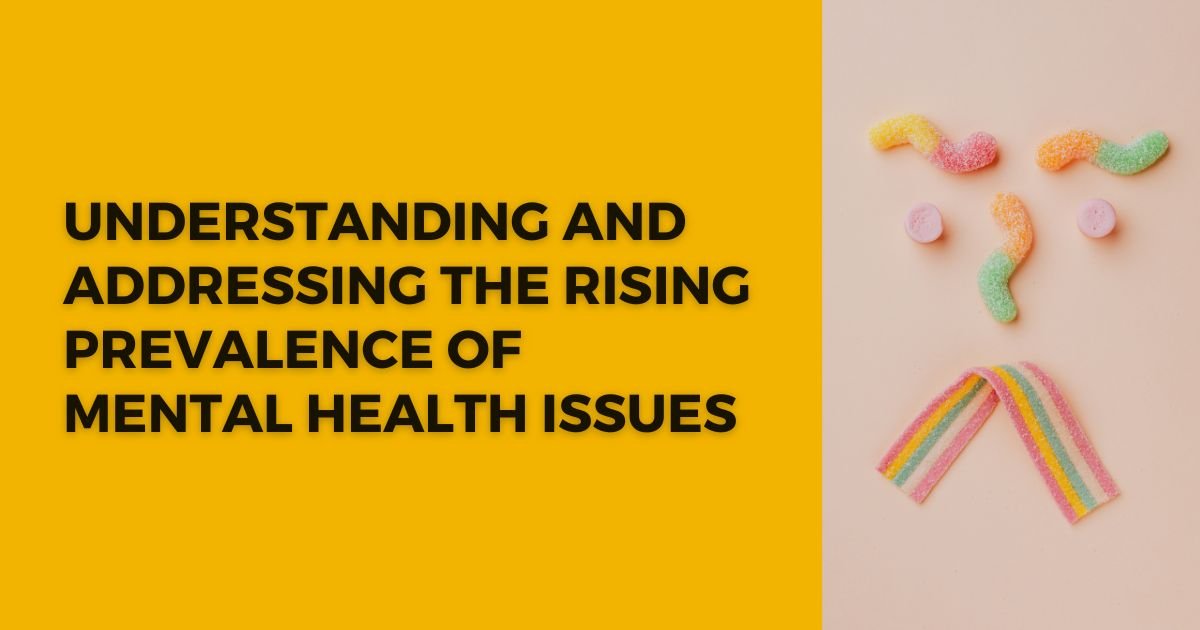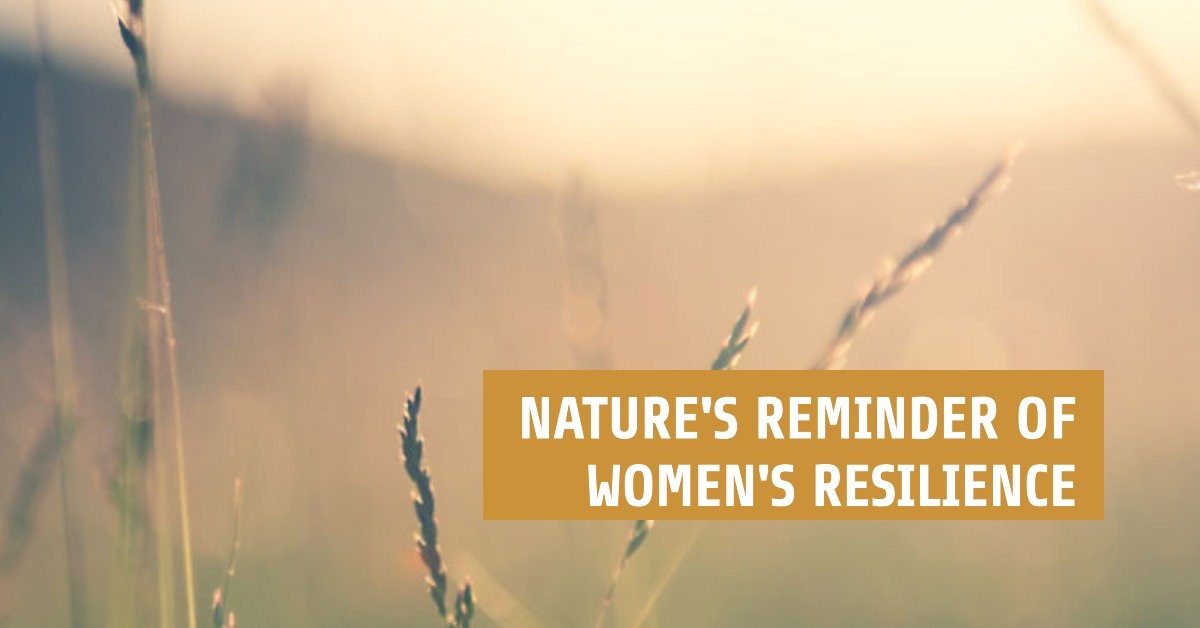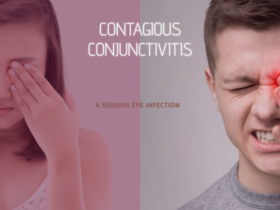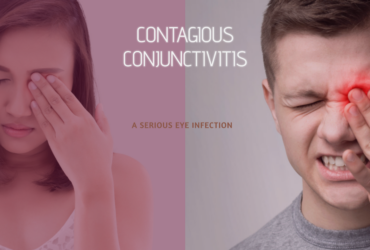Monkeypox is a viral disease that affects humans and other animals. The disease is caused by the monkeypox virus, which belongs to the same family of viruses as smallpox. The virus is transmitted to humans through contact with infected animals, such as rodents and primates. Monkeypox is a rare disease, but it can be fatal in some cases. In this article, we will discuss how to stay safe from monkeypox and what to do if you suspect you have the disease.
Table of Contents
What is Monkey Pox?
Monkeypox is a viral disease that was first identified in monkeys in the Democratic Republic of Congo in 1958. The disease is similar to smallpox but is less severe. Monkeypox is endemic in parts of Central and West Africa, where it occurs sporadically in humans and animals. The virus is transmitted to humans through direct contact with infected animals, such as rodents and primates, or through contact with contaminated materials.
Symptoms of Monkey Pox
The symptoms of monkeypox are similar to those of smallpox and include fever, headache, muscle aches, backache, swollen lymph nodes, chills, and exhaustion. A rash then develops, often beginning on the face and then spreading to other parts of the body. The rash goes through several stages and eventually forms a scab, which later falls off. Monkeypox can be severe in some cases, but it is generally a self-limiting disease.
Prevention of Monkey Pox
There is no specific treatment for monkeypox, and there is no vaccine available. The best way to prevent monkeypox is to avoid contact with infected animals and materials. If you live in an area where monkeypox is endemic, you should take precautions to protect yourself from the disease. This includes wearing protective clothing, such as gloves and masks, when handling animals or animal products. You should also avoid consuming wild animals and their products, as these can be a source of infection.
Treatment of Monkey Pox
There is no specific treatment for monkeypox, and the disease is usually self-limiting. However, supportive care can be provided to help manage the symptoms of the disease. This may include taking antipyretics, such as ibuprofen or acetaminophen, to reduce fever, and applying calamine lotion to the skin to relieve itching.
How to Stay Safe
To stay safe from monkeypox, you should avoid contact with infected animals and materials. If you are in an area where monkeypox is endemic, you should take the following precautions:
- Wear Protective Clothing: When handling animals or animal products, wear protective clothing, such as gloves and masks, to avoid contact with the virus.
- Avoid Consuming Wild Animals and their Products: Avoid consuming wild animals and their products, such as meat and blood, as these can be a source of infection.
- Practice Good Hygiene: Wash your hands frequently with soap and water, especially after handling animals or animal products.
- Quarantine Sick Animals: If you have sick animals on your property, quarantine them to prevent the spread of the virus.
What to Do if You Suspect You Have Monkey Pox
If you suspect you have monkeypox, you should seek medical attention immediately. Monkeypox can be mistaken for other diseases, such as chickenpox, so it is important to get a proper diagnosis. If you have been in contact with someone who has monkeypox or have been in an area where monkeypox is endemic, tell your healthcare provider.
Conclusion
Monkeypox is a rare disease, but it can be fatal in some cases. The best way to prevent monkeypox is to avoid contact with infected animals and materials. If you live in an area where monkeypox is endemic, you should take precautions to protect yourself from the disease. It is important to practice good hygiene and wear protective clothing when handling animals or animal products.
If you suspect you have monkeypox, seek medical attention immediately. Remember that early diagnosis and treatment can improve your chances of recovery.
By taking the necessary precautions and being aware of the symptoms of monkeypox, you can protect yourself from this disease. Stay safe, and if you have any concerns or questions about monkeypox, don’t hesitate to talk to your healthcare provider.
FAQs
-
Can monkeypox be transmitted from human to human?
Yes, monkeypox can be transmitted from human to human through respiratory droplets or direct contact with infected fluids or materials.
-
Is there a vaccine for monkeypox?
Currently, there is no vaccine available for monkeypox.
-
What is the incubation period for monkeypox?
The incubation period for monkeypox is usually between 5 to 21 days.
-
How is monkeypox diagnosed?
Monkeypox is diagnosed through laboratory testing of blood, skin lesions, or other bodily fluids.
-
Can monkeypox be fatal?
In rare cases, monkeypox can be fatal, especially in individuals with weakened immune systems. However, most cases of monkeypox are self-limiting and do not require medical intervention.
We hope that this article has helped you better understand monkeypox and how to stay safe during outbreaks. Remember, staying informed and taking preventative measures is key to protecting yourself from this rare disease. If you want to learn more about health and wellness topics, be sure to check out our other articles. Click here to read more and stay up-to-date on the latest healthcare news and trends!














Leave a Reply
View Comments